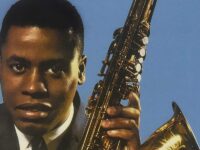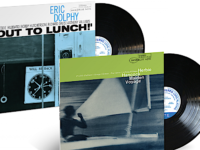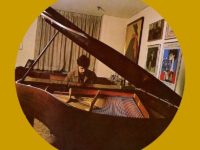 Jazz just lost an all-world trumpeter.
Jazz just lost an all-world trumpeter.
Indianapolis’ Frederick Dewayne Hubbard — who died Monday morning from complications following a heart attack a month earlier at age 70 — may not have shaped jazz as the great trumpet men before him like Armstrong, Gillespie and Davis did, but his mastery of the horn was just as influential to those who came after him.
Just ask guys like Wynton Marsalis and Terence Blanchard.
Freddie Hubbard was also present at some of jazz’s most seminal recordings of the turbulent sixties, such as Ornette Coleman‘s Free Jazz, Wayne Shorter‘s Speak No Evil, Herbie Hancock‘s Maiden Voyage and Oliver Nelson’s Blues And The Abstract Truth.
Those records wouldn’t have been the classics they’re known to be today without his clear tone, fiery phrasing, and flawless rhythmic sense.
While Hubbard didn’t pioneer hard bop, progressive jazz or fusion, he made some of the finest records in those categories. Ready For Freddie, Hub-Tones, Breaking Point, Backlash, Straight Life, and Red Clay all showcased both his virtuosic, hard-swinging technique and his songwriting acumen as well.
Even as his chops diminished since the early nineties, Hubbard continued to perform and record. His last album On The Real Side from earlier this year is a final encore backed by a sympathetic New Jazz Composers Octet. But Hubbard’s mark on jazz was branded long ago, and it’s a major one.
Here’s Hubbard playing his sizzling hard bop tune “Hubtones,” backed by some of Europe’s best jazz musicians:
So long, Hubcap, thanks for all the musical memories and some maximal horn playing.




